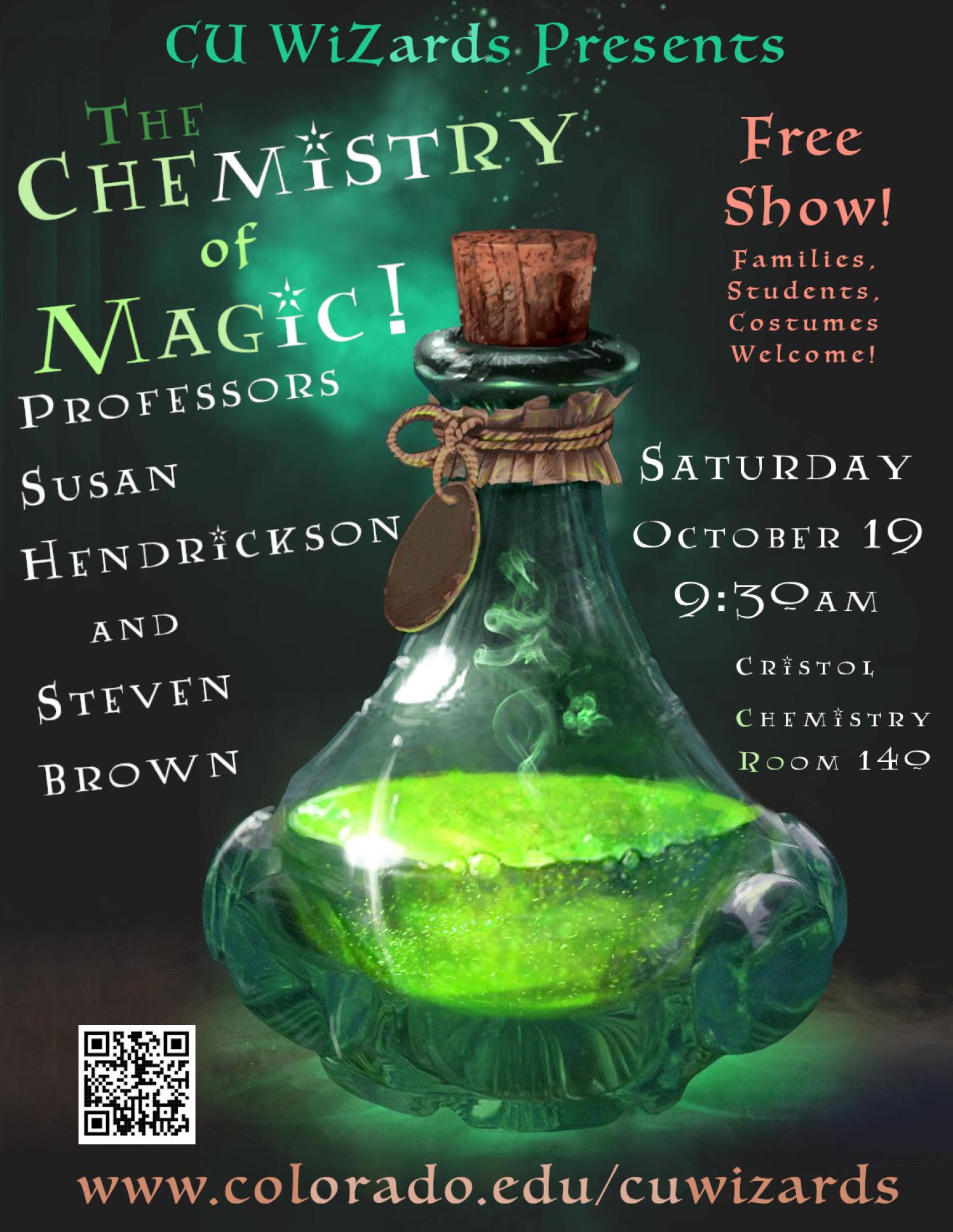Reconfigurable Optical Tweezer Arrays of CaF Molecules for Quantum Simulation
Reconfigurable molecular tweezer arrays are a new emerging platform for quantum science. In recent years, significant progress has been made in controlling molecules and developing essential building blocks for quantum simulation and quantum information processing. In this talk, I will present our work on CaF molecular tweezer arrays. Specifically, I will first discuss the observation of coherent spin exchange oscillations between pairs of molecules and creation of Bell states.




